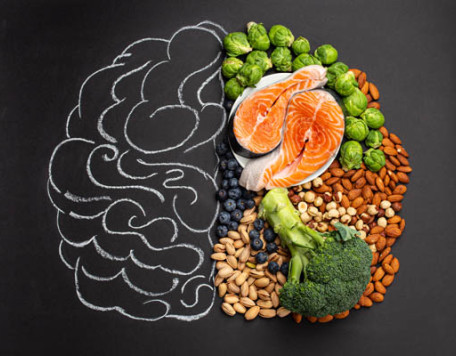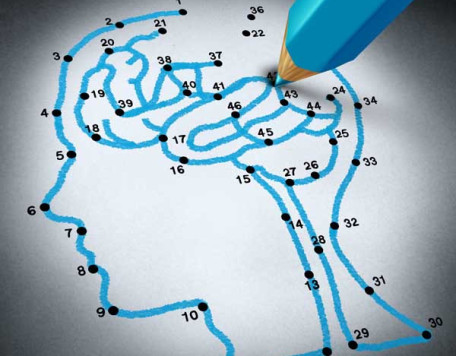© Pint of Science, 2025. All rights reserved.
One way your body causes you trouble through the same means that it keeps you alive - dividing cells - and one way scientists are trying to speed up the development of new medicines...
P53 - what happens when a guardian protein goes rogue
Cells dividing have to copy their DNA. Small errors when DNA is copied pose a cancer risk. With so many cells in our body maybe we should ask not ‘why do we get cancers?’, but ‘why do we not get cancers?’. More cells should mean a slightly increased risk of developing cancer; this is true for taller humans, but large animals like elephants never develop cancer. Why? Elephants seen to have more of a protein called p53; it can detect DNA errors and order cells to repair them or self-destruct. In most human cancers, p53 itself has errors; we look at how, what that leads to, and what we can do.
Worms: A game-changer for drug discovery
Developing new medicines is extremely expensive and time-consuming; new approaches are continuously needed to accelerate the process. One approach is to use the microscopic nematode worm, known as C. elegans as a tiny animal to test and discover new drugs. In her talk, Alana will discuss case by case how C. elegans have been used to find new treatments for devastating human diseases.
Map data © OpenStreetMap contributors.
Other Head of Steam events
2025-05-21
Craving Validation: From Fast Food to Insta Reels
Head of Steam
3 Reform Place, North Road, Durham, DH1 4RZ, United Kingdom
2025-05-19
Curious Minds: From Childhood to Psychedelics
Head of Steam
3 Reform Place, North Road, Durham, DH1 4RZ, United Kingdom



